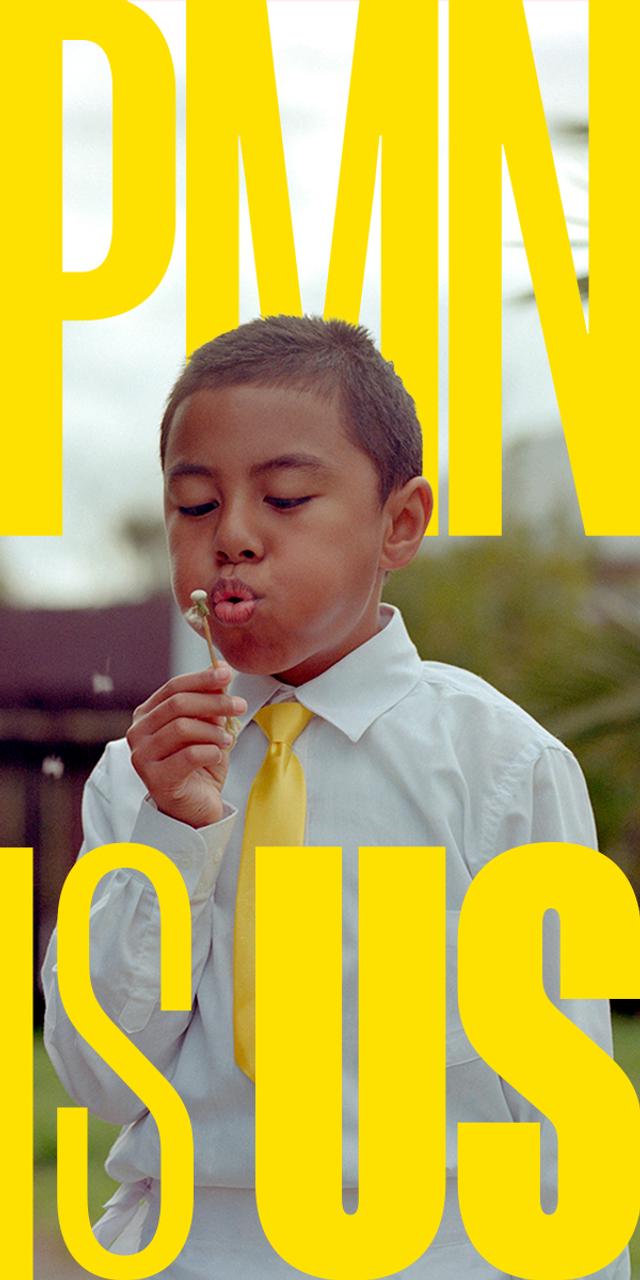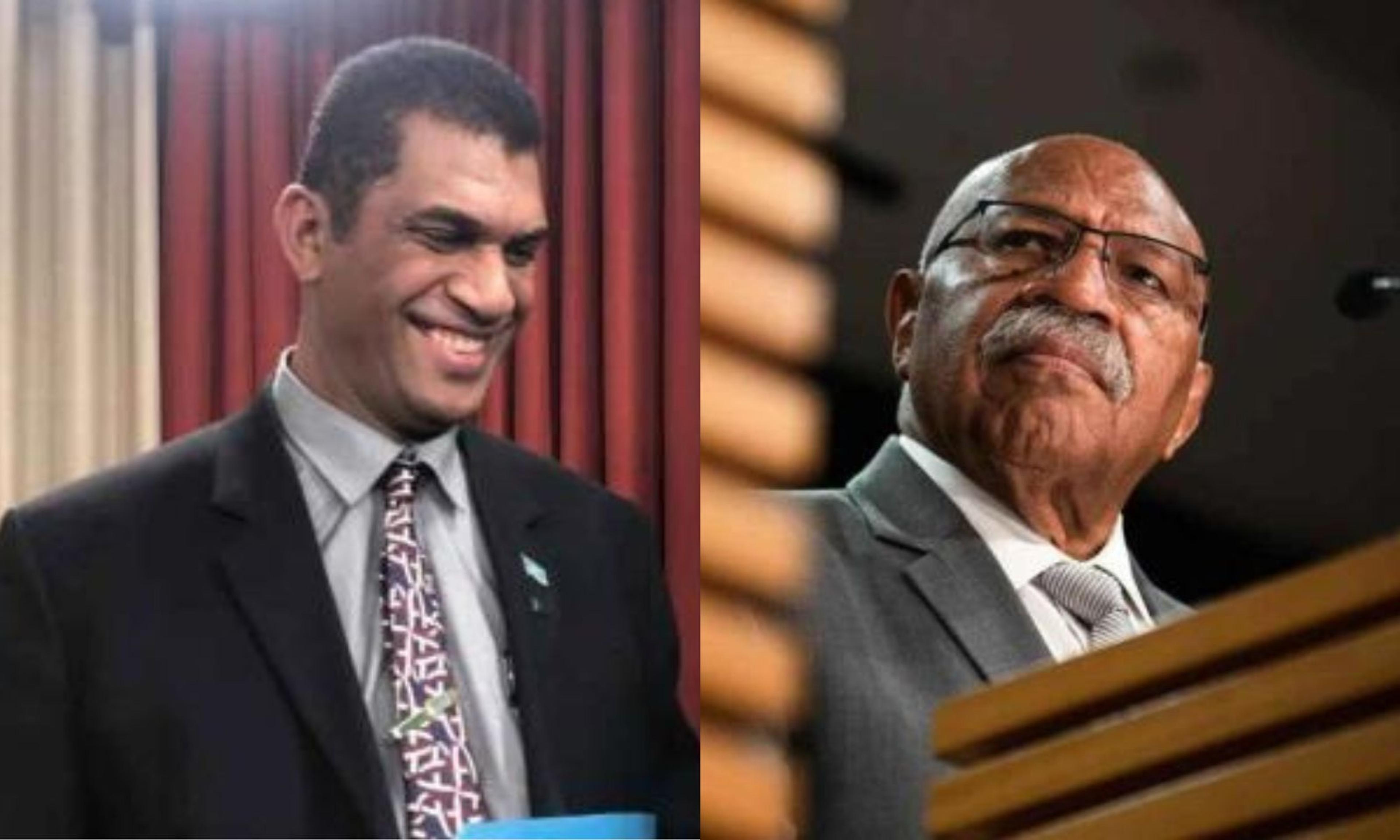
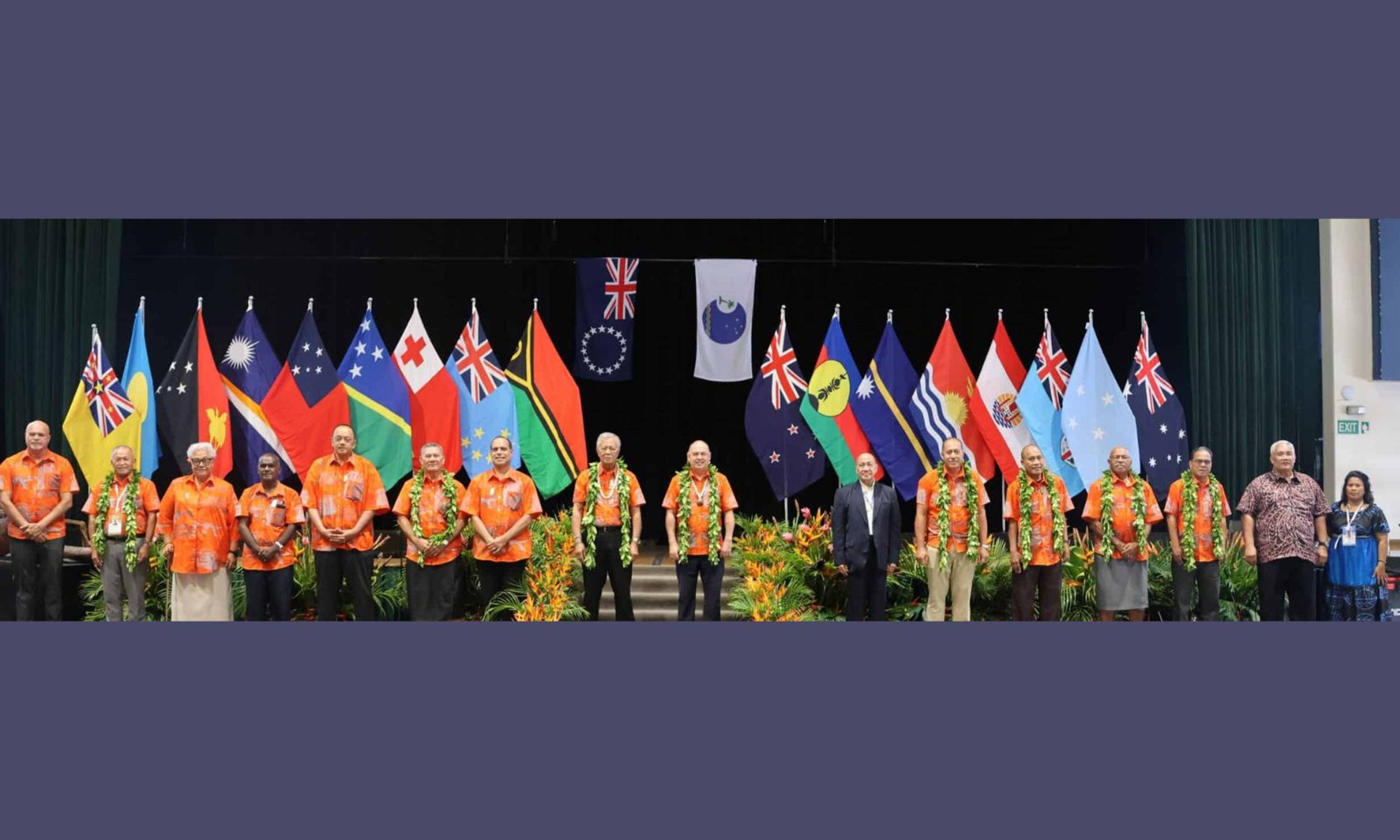
Pacific Islands Forum
Photo/ Pacific Islands Forum
Does Aukus undermine New Zealand’s position in the Pacific?
The Government has stepped up its interest in joining the non-nuclear pillar of Aukus. But what will this mean for Aotearoa's relationship with the Pacific island nations?

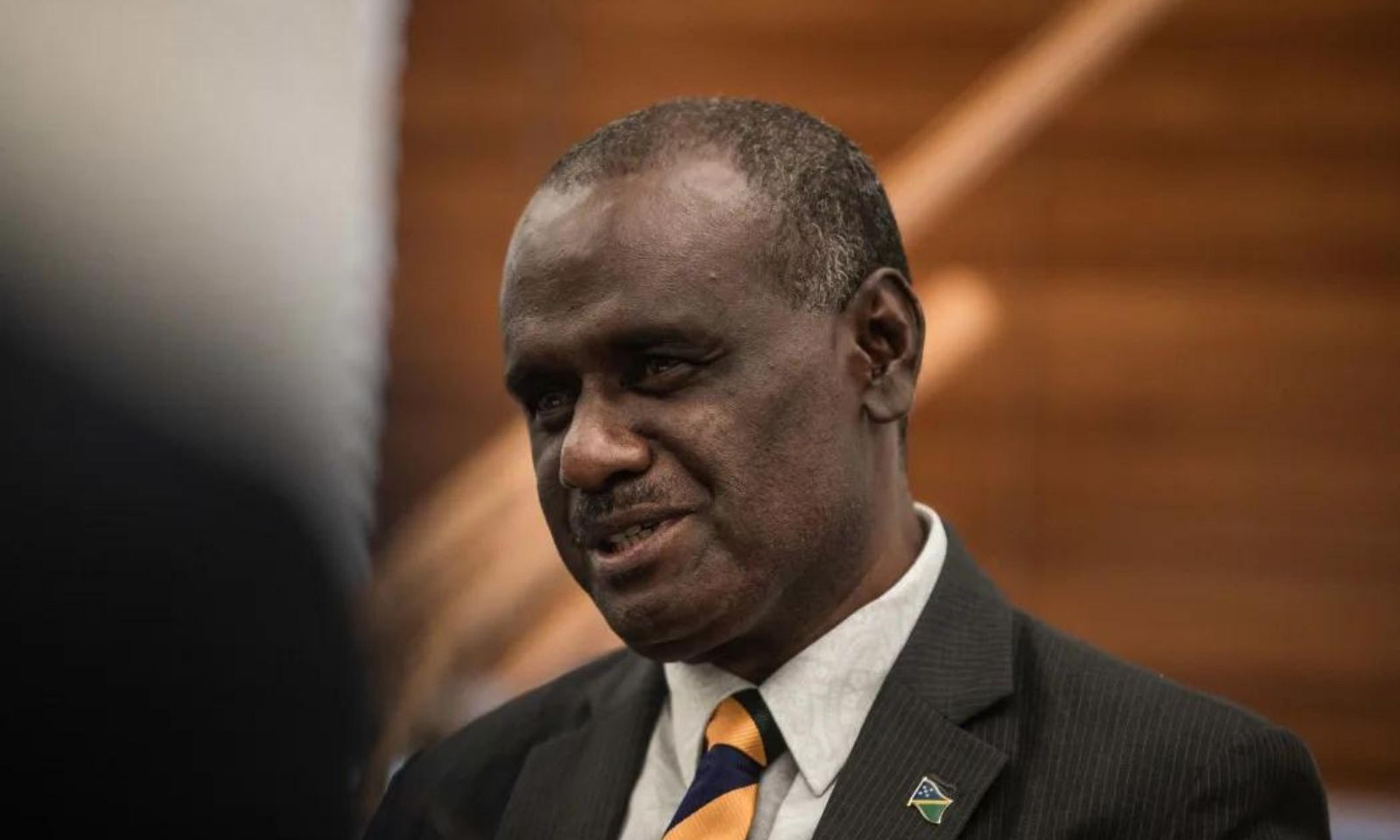
Sogavare bows out of prime ministerial race in Solomon Islands
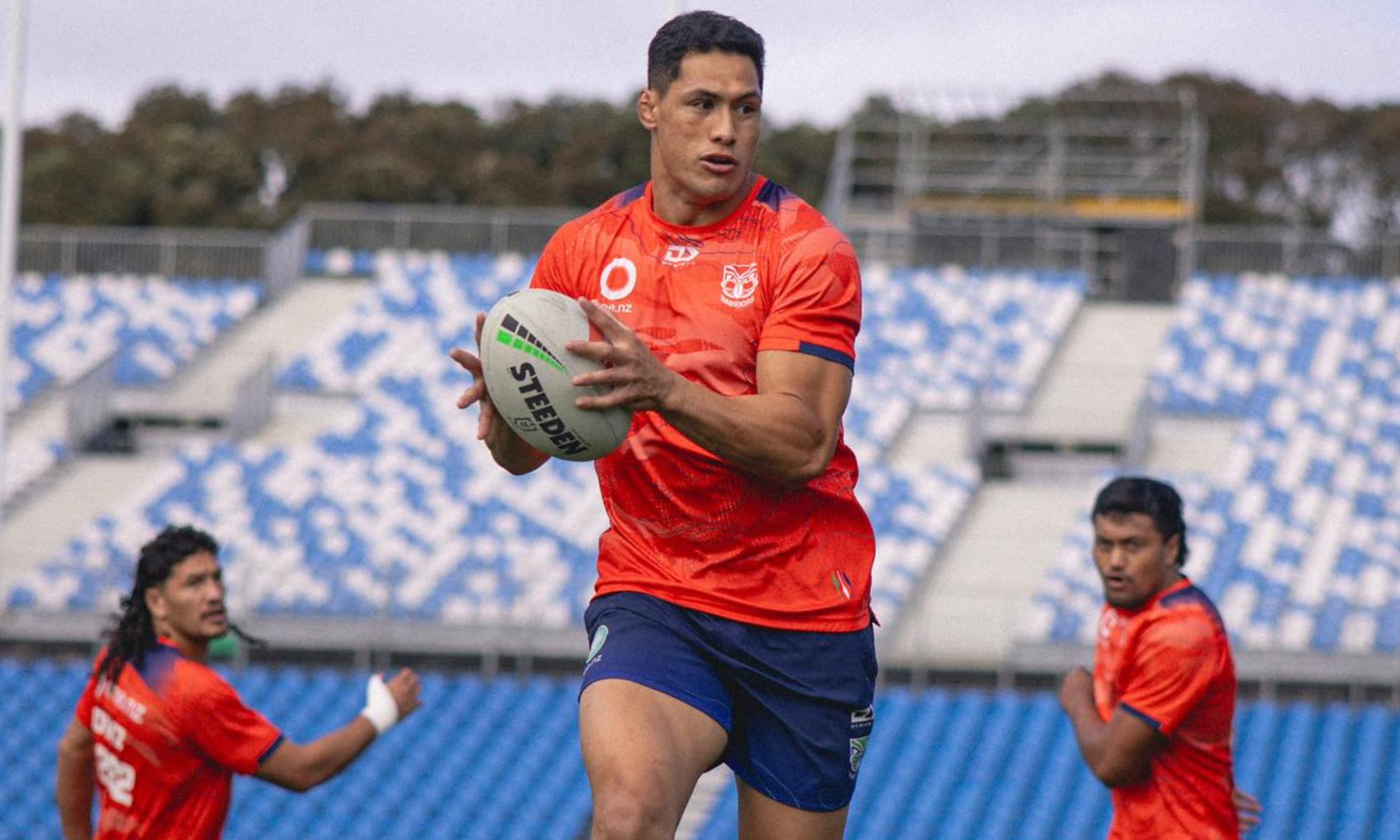

Vasa Fia Collins: Why I had to finish the podcast Fa'anana and I started

Coalition crisis: Was Fiji PM pressured to reinstate sacked cabinet minister?

Sogavare bows out of prime ministerial race in Solomon Islands


Vasa Fia Collins: Why I had to finish the podcast Fa'anana and I started
If New Zealand joins Aukus (the security pact between Australia, the United Kingdom, and the United States), it could impact Aotearoa's relations with its neighbours, Pacific leaders and advocates say.
The trilateral partnership was signed on 15 September 2021 and involves both the UK and the US assisting Australia to acquire nuclear-powered submarines worth up to NZ$400 billion.
New Zealand has stepped up its interest in joining the non-nuclear pillar of Aukus with Deputy Prime Minister and Minister of Foreign Affairs Winston Peters leaning towards Aukus when he met with US Secretary of State Antony Blinken in Washington last week.
Pacific governments including former leaders of Kiribati, the Marshall Islands, Tuvalu, and Palau, oppose Aukus saying the alliance goes against the Blue Pacific narrative.
Peters and Defence Minister Judith Collins visited the US for talks to further integrate Aotearoa into the expanding US-led military alliance in the Indo-Pacific region.
At the same time, Japan's Prime Minister Fumio Kishida met with President Joe Biden to announce a major expansion of the Japan-US Security Treaty - a "seamless" move, the experts said, to integrate both countries' militaries.
In a joint statement, Peters and Blinken said they both "see powerful reasons for New Zealand engaging practically" with Aukus.
"The most challenging strategic environment in decades requires us to do more together.
"New Zealand and the US are also working more closely on shared challenges, including the US-Nato war against Russia."
Former New Zealand prime minister Helen Clark has criticised Aotearoa's foreign policy 'drift'.
Addressing a Labour-hosted public discussion at Parliament this week on examining the Aukus pact, Clark said she was concerned at the Government's unusual move to speak out alongside the US and the UK on allegations that a China-sponsored group had hacked New Zealand's parliamentary service and parliamentary counsel office.
"New Zealand has no state secrets in a parliamentary computer. We are an open book."
Prime Minister Christopher Luxon said the Government had "reasserted our belief" in the Australia, NZ and US Security Treaty (ANZUS) and was “deeply committed” to it.
"We think Aukus is good for the region in terms of a security point of view," Luxon told the media.
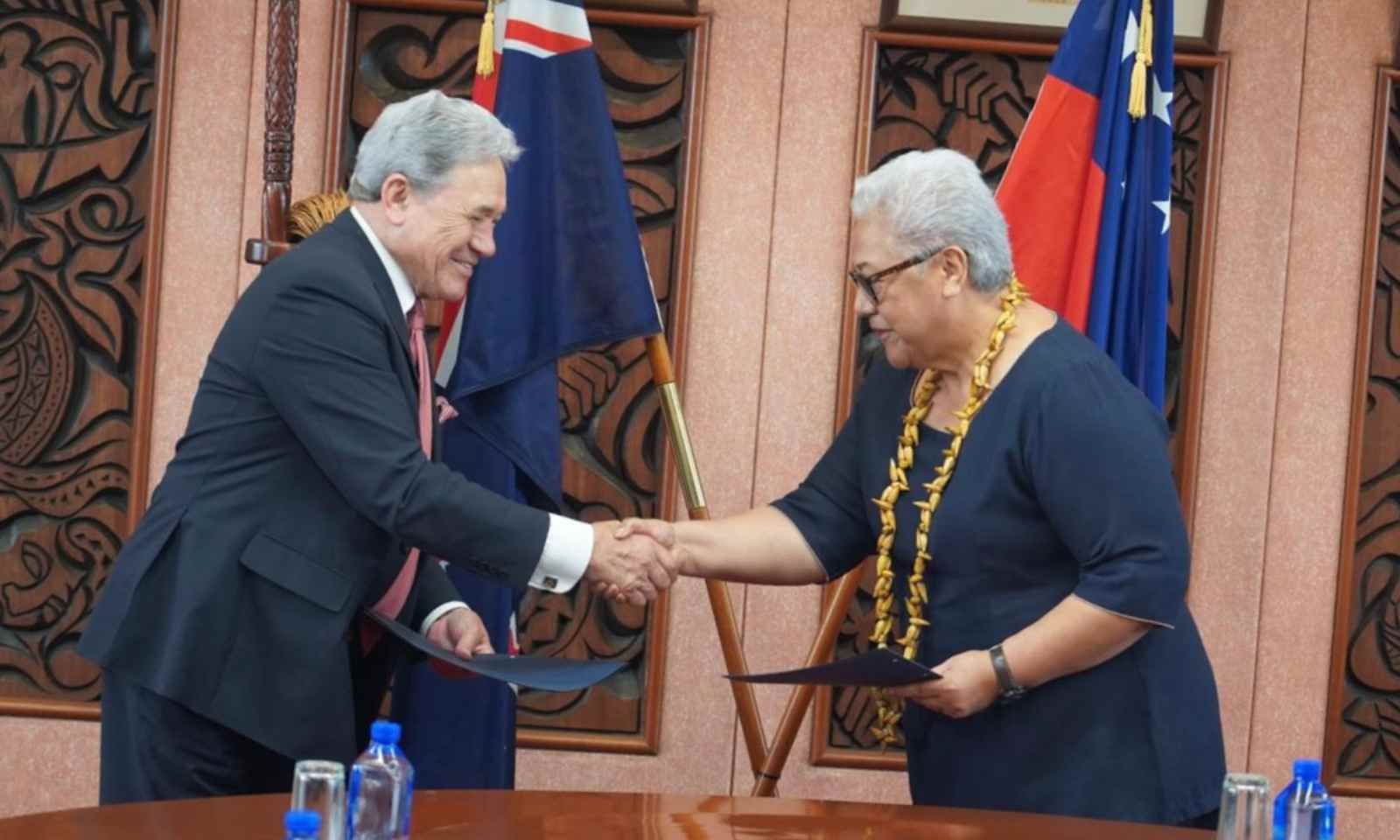
New Zealand Deputy Prime Minister and Minister of Foreign Affairs Winston Peters meets Samoan Prime Minister Fiamē Naomi Mataʻafa in Apia during Peters' Pacific tour in February. Photo/supplied
But Pacific advocacy groups said keeping the Pacific nuclear-free and in line with the Rarotonga treaty as highlighted by the leaders from Tonga, Cook Islands, and Samoa during Peters' and his Pacific Minister Shane Reti's recent tour of the region, was crucial.
Samoa's Prime Minister Fiamē Naomi Mataʻafa said Aotearoa's plans to join Pillar Two of the Aukus agreement, although a non-nuclear option, could be seen as New Zealand rubber-stamping Australia acquiring the nuclear-powered subs.
Fiamē told journalists in Apia that she hoped both Wellington and Canberra would ensure that the provisions under the maritime treaty were considered.
She said the Treaty of Rarotonga prohibited signatories, which included Aotearoa and Australia, from bringing nuclear weapons into Te Moana Nui a Kiwa, the Pacific Ocean.
Fiji has proposed a peace zone while Tonga, who will host the forum leaders' meeting in August, called for more dialogue.
Security and defence including Aukus are expected to be discussed at the Tongan summit.
The Cook Islands government said Pacific leaders wanted to keep the region free of nuclear weapons, and "this stance will not change".
Cooks' Prime Minister Mark Brown said they want open discussions on Aukus at the forum meeting to ensure the Pacific is nuclear-free.
Following his meeting with Blinken, Peters said he agreed there were powerful reasons Aotearoa should engage with international arrangements such as Aukus which aimed to advance military technology of US allies.
He said they also discussed the Gaza and Ukraine conflicts and the role New Zealand and the US played in responding to both crises.

Cook Islands Prime Minister and chair of the Pacific Islands Forum Mark Brown, right, at a PIF leaders meeting in 2023. He says Pacific leaders want to keep the region nuclear free. Photo/supplied
But the Pacific Elders' Voice, a group of former Pacific leaders, said it was concerned Aukus was being presented as a "deepening of long-standing diplomatic, security and defence cooperation to meet the challenges of the future".
Instead, the group warned Aukus signaled "greater militarisation and is triggering an arms race, bringing war much closer to home.
"Not only does this go against the spirit of the Blue Pacific narrative, agreed to by all the Forum member countries last year, it also demonstrates a complete lack of recognition of the climate change security threat that has been embodied in the Boe and other declarations by Pacific Island leaders," the group said in a statement.
"The staggering $368 billion allocated for the Aukus deal also flies in the face of Pacific Island countries which have been crying out for support for climate change.
"The fact that not even a significant fraction of this figure is available for the region to deal with the greatest security threat shows a complete lack of sensitivity to this key Pacific priority in Canberra, London, Paris, and Washington.
"When there is money available for such military expansionism, surely the region’s pressing existential threat from climate change also deserves this focus and substantive investment."
Pacific Elders Voice members include Marshall Islands President Dr Hilda Heine, former president of Palau Tommy E. Remengesau Jr, former Kiribati president Anote Tong, former Tuvaluan leader Enele Sopoaga, and Dame Meg Taylor former secretary-general of the Pacific Islands Forum Secretariat.
Collins said the Government welcomed the pathway for others to engage in Pillar Two of Aukus.
She said inviting other like-minded countries to contribute to the non-nuclear military technology partnership under Pillar Two reinforced the shared objectives of the Pacific's security, stability, and prosperity.
She said Cabinet is yet to make a formal decision.
Watch Judith Collins' interview below.
